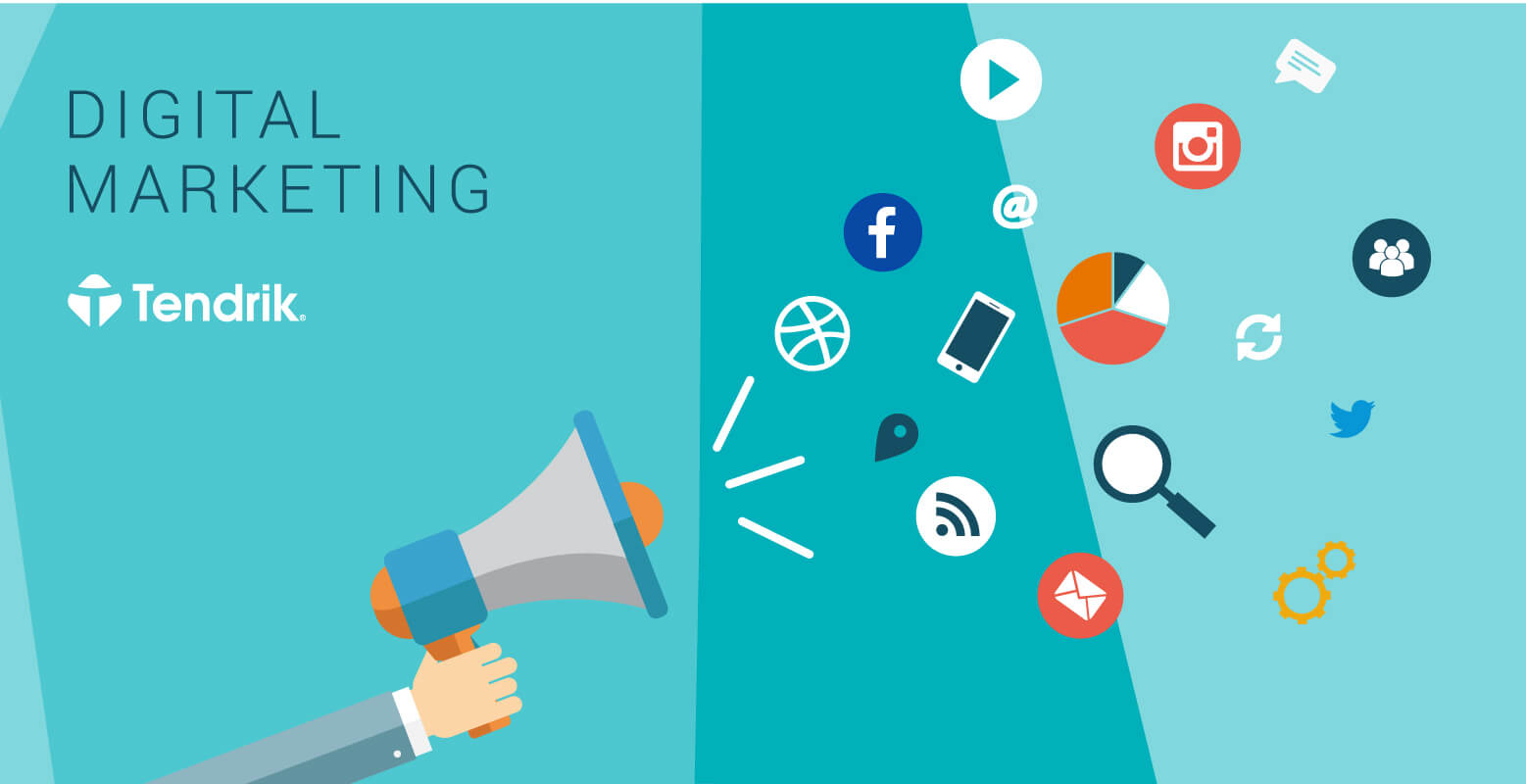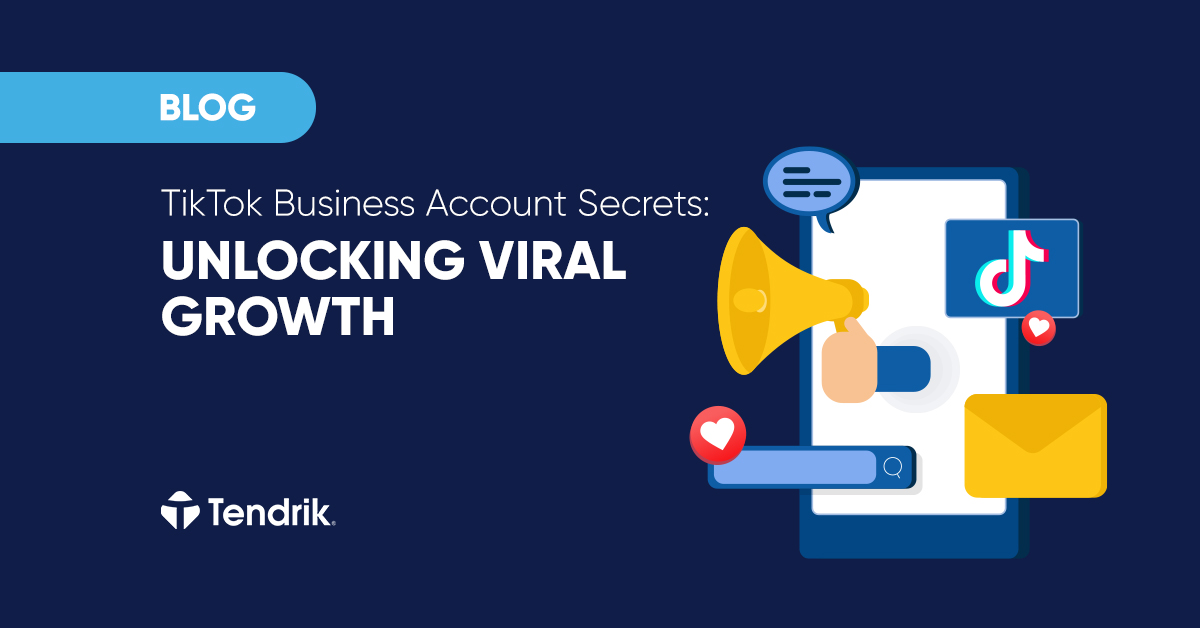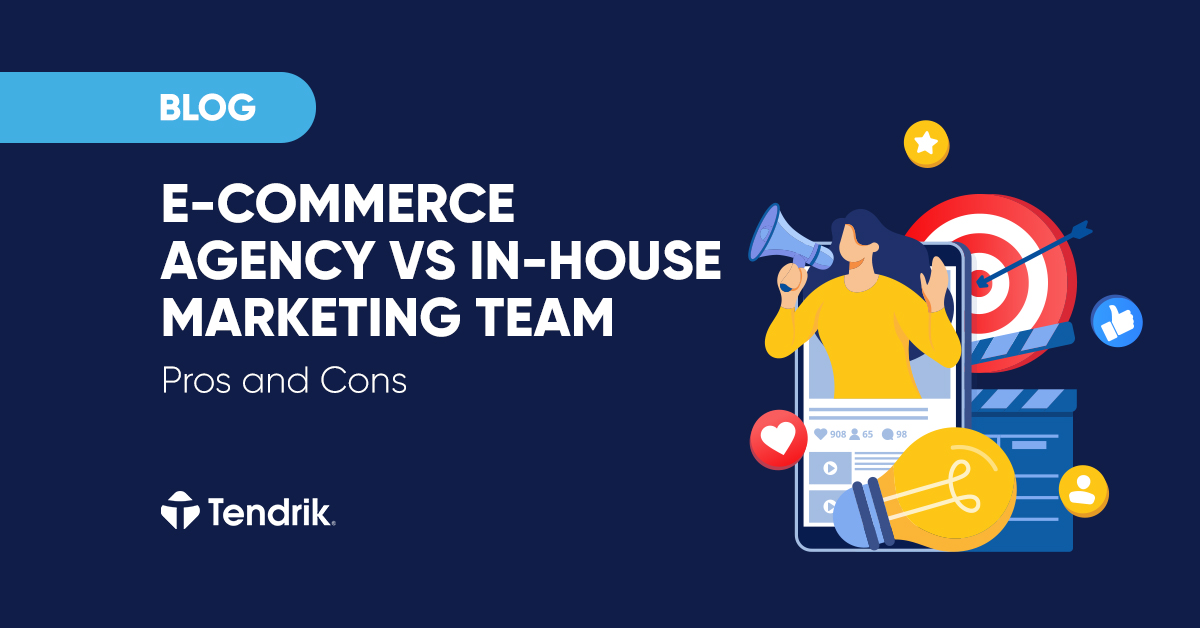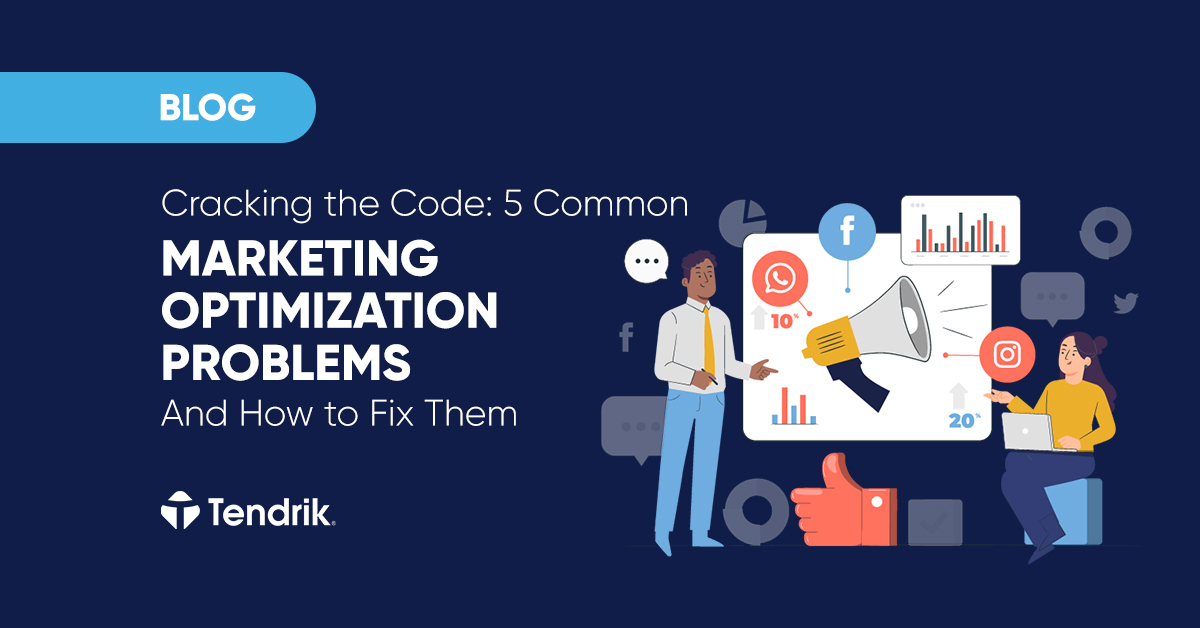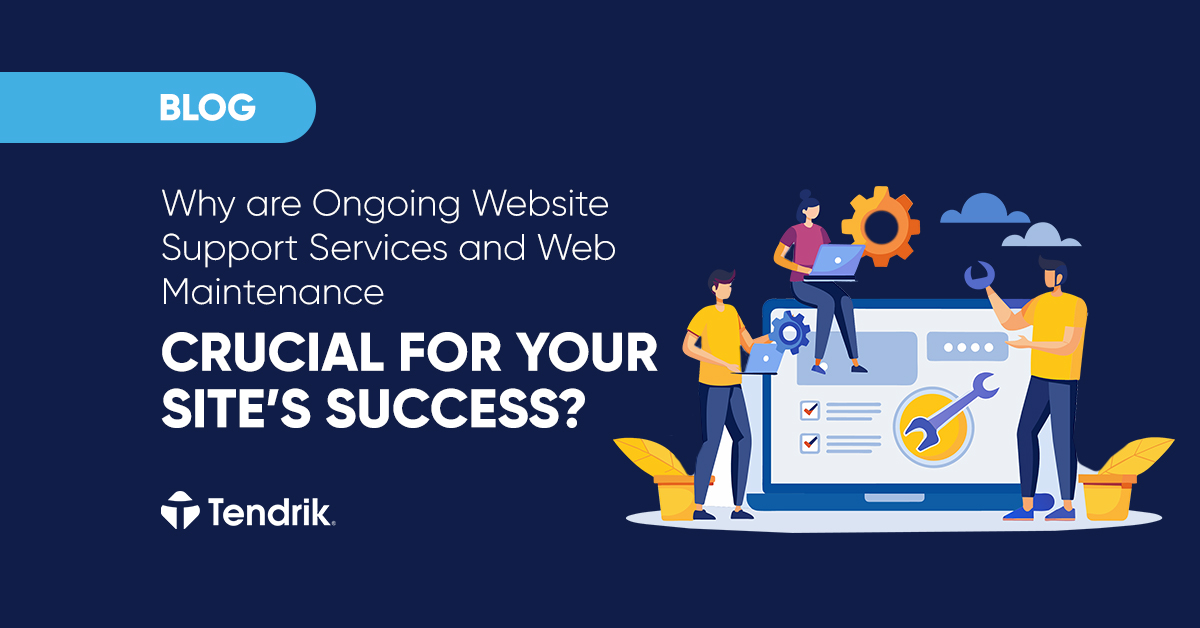Yes, again. Because no matter how many times we talk about it being tightly connected to other business processes in the organization (regardless of whether your business is off- or online), digital marketing still gets neglected. In reality, however, it plays a significant role in your success in sales, advertising campaigns, or building long-term relationships with your clients.
Internet user: the breed
The online user is probably the customer, who takes hold of the best possible information nowadays. Web is global – even our grandparents can use the internet. You don’t need a Harvard degree to be on Facebook, nor do you have to be a Rockefeller to pay for your internet subscription. So, in this sense, the online customer isn’t that different from the one we see in the offline world.
On the other hand, no matter how many similarities there are between the two consumer types, the e-customer is still different than the one in the “real world”, who businesses are trying to get to through the mass media. Online clients perfectly know they’re the ones calling the shots. While professionals still cannot decide on whether the internet is a mass communication tool, an innovative media, or just a place for fun, the digital homo sapiens can realize that their opinion and feedback mean a lot! Just one share of a tweet or a negative comment on your Facebook page can be a turning stone for your online reputation.
The internet customers decide what kind of information to access, and therefore they can easily ignore your marketing message if they don’t see any added value. Here lies the charm of the online world – if you don’t like something, you can merely pass on it and focus on what you find interesting. Unlike TV and radio commercials, online ads are less intrusive and easier to filter.
And again, what is digital marketing?
The modern customer focuses primarily online, which means that enterprises should put some effort there, too – they need be where their potential clients are. Broadly speaking, digital marketing transfers a huge part of the orthodox marketing methods to the always connected world. If we assume traditional marketing is a process of creating value for customers and building a long-term emotional bond with them, then digital marketing is all that but in a different environment.
Then, are those two types equal? Yes. And no. Digital marketing serves the needs and behavior of modern society. Consider it an evolution from the classic marketing means, as it takes all of the existing terms, methods and tools and puts them through a digital prism.
Web 2.0 is so old-fashioned
The internet revolution put the focus on the customer initiative as a crucial part of creating, editing and sharing information online, mainly via social media and other forms of digital communities. Unlike the offline enterprise world, where marketing messages spread one-way only (business-to-client) though the mass media, the modern internet environment not only gives us the opportunity for a dialogue but it also enables us to pave the way for customers to become an increasingly important part of forging our own corporate strategies. What’s more, social media is a turning stone in building emotional relationships between companies and their clients, which may not necessarily increase short-term sales, but is bound to give results in the long run.
However, everything said so far lies at the foundation of Web 2.0, which came to life back in 1999 and is pretty much old news. The modern-day digital marketing specialist should pay attention to terms and phenomena such as artificial intelligence, big data, bots, automation, internet of things, virtual reality and a lot of other cool stuff which are happening right now as part of the new digital revolution.
Targeting with digital marketing
Thanks to digital marketing, you can quickly and efficiently execute market and customer segmentation, based on trustworthy primary information. Offline marketing research requires time and a wide variety of skills, but digital tools give you a change to easily collect data about your customers. Recently, the term ‘behavioral targeting’ has been increasingly popular, as it collects information through cookies – small files on your computer which contain details about your interests, based on online activity. Generally, they are something like log files, with data about recent searches, visited websites, purchases history, product preferences, ads responses, etc.
Personalized marketing messages
Thanks to those cookies as well as other means of collecting behavioral data, businesses have an easier time to tailor their ad offerings to you and your interest, thus increasing efficiency. Often, those Facebook or YouTube ads you see are based on your search history and online store visits. All this leads to a win-win situation – you, as a customer, aren’t overwhelmed with unnecessary info about product and services, which don’t even meet your needs; at the same time, enterprises manage to tailor their offerings to those customers, who would see the biggest added value.
Digital marketing = Minimized costs + Increased online sales
Digital marketing, of course, helps you minimize costs. I already explained how it enables better and more cost effective marketing research, right? This, however, can be applied to almost any problem you can think of – from creating more efficient corporate time management, through laying out a strategy for future innovation, to offering a lower-cost direct communication with clients. And more importantly – through digital marketing you can increase your online sales.
Think and act out of the box!
Underestimating online (digital) marketing is a major flaw! Have you heard that if you’re not online, then you don’t exist? A few years ago that would’ve sounded absolutely ridiculous. But nowadays it’s both a rule and a fact. Digital marketing is an essential prerequisite for the successful future of your business.
The overall marketing strategy online should begin with a small but important step – building a corporate website. If that strategy is in tune with other online activities such as email or social media marketing, the results of your business could be better than the ones you would’ve expected.

